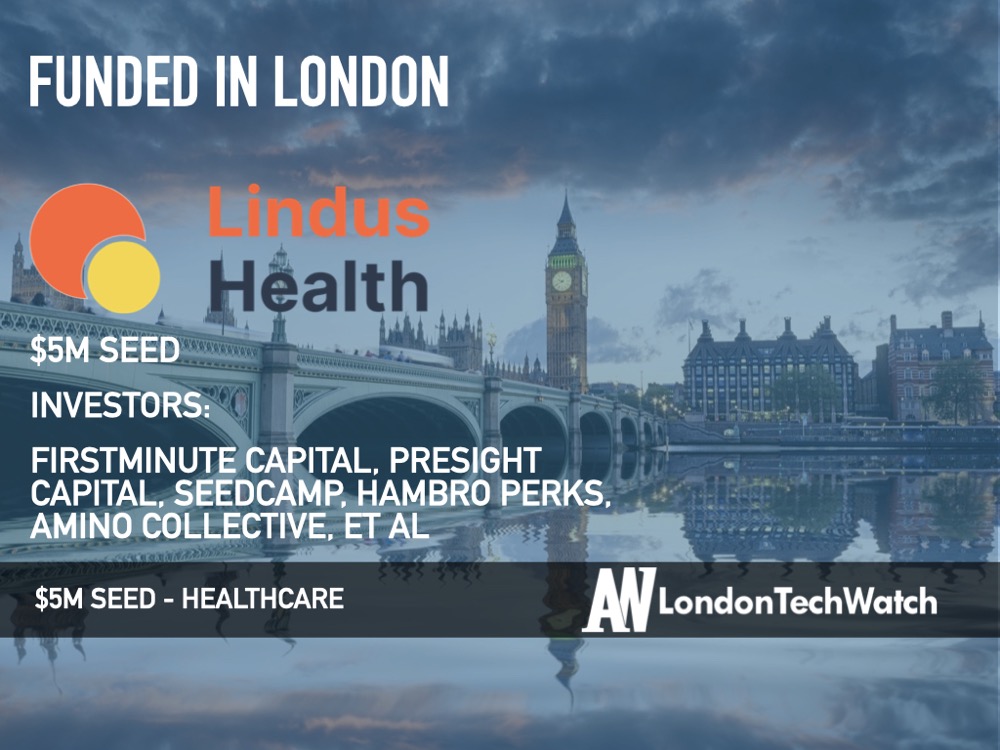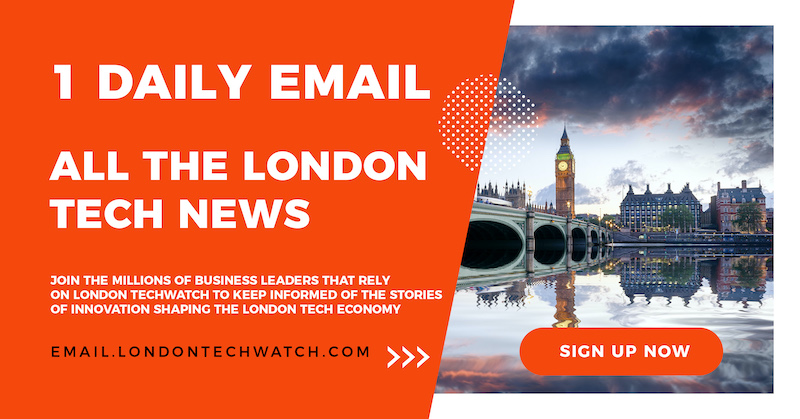On average it takes at least 10 years to get a drug to market from pre-discovery to marketplace; the price of a successful drug exceeds $2.6B when accounting for the cost of failures. Clinical trials can take anywhere from six-to-seven years alone. Speeding up this process provides hope to the millions of patients suffering from various conditions as well as alleviates the burden on the healthcare system that has to manage the increasing costs of drug development. Lindus Health is building an operating system for clinical research that will allow the research needed for clinical trials to be centralized and modernized. The company projects that shifting away from a pen and paper model with limited technology will unleash next-generation innovation in healthcare as companies can be nimbler than ever before and without the need for the heavy capital requirements that legacy clinical trials required, allowing more participants in the ecosystem. The recently-launched venture is already partnered with leading healthcare research institutions like King’s College London, Imperial College, London, UCL, and the University of Oxford.
LondonTechWatch caught up with Lindus Health Cofounder Michael Young to learn more about the inspiration of the company, upcoming strategic plans, the positioning, recent round of funding, and much, much more.
Who were your investors and how much did you raise?
We just closed a seed round for $5m from leading technology and healthcare investors including Firstminute Capital, Presight Capital, Seedcamp, Hambro Perks and Amino Collective. We also have a number of exciting angel investors, including Mehdi Ghissassi (Deepmind), Alex Zhavoronkov (Insilico Medicine), Marc Warner (Faculty AI), James Dacombe (CoMind), Henry de Zoete (Look After My Bills), and Vishal Gulati (healthtech.vc).
Tell us about your product or service.
Our mission is to accelerate research for the next generation of healthcare companies. We’re focused on working with startups and growth companies to deliver trials better, faster, and cheaper. We do this using an innovative business model, centralising delivery to allow efficiency gains, while leveraging technology to bring research into the 21st century.
What inspired the start of Lindus Health?
Meri Beckwith and I founded the company earlier this year in March. I was previously a Special Adviser to the UK Prime Minister. Meri was a venture capitalist, investing in healthcare companies. We both saw the huge problems healthcare companies had conducting clinical research, and trials with endemic delays and astronomical costs.
We’re focused on tackling research and clinical trials end to end, not just as a point solution. We’re focused on working with other fast-growing companies that want to do things differently.
What market you are targeting and how big is it?
We’re working with other fast-growing companies such as digital therapeutics, devices, diagnostics, and biotech. This is a huge market and it’s growing rapidly! All of the most exciting innovations in healthcare are coming from small companies challenging the status quo.
What’s your business model?
We work with companies to offer end-to-end clinical trials. This includes trial design, recruitment, and delivery. We want to be a partner throughout the research process.
What are your post-COVID office plans?
We’ve just got a new office in Victoria. It’s been great to see everyone face to face and collaborate together. However, we’re definitely proponents of hybrid working and people should do whatever improves their wellbeing and productivity.
What was the funding process like?
Surprisingly quick! We started fundraising a couple of months ago and so to get things closed so quickly is awesome so that we can focus on building Lindus Health.
What are the biggest challenges that you faced while raising capital?
Overall, we found it a fun and rewarding, if intense, experience. I think during the process we got better at articulating our mission and that’s something that comes down to practice.
What factors about your business led your investors to write the check?
Don’t take my word for it, here’s what Lina (Wenner) at Firstminute said: “There has rightfully been a huge amount of investment and excitement around drug discovery and new treatment modalities like CRISPR and mRNA vaccines. But all of these promising treatments need to go through clinical trials before patients can benefit, and this remains a huge bottleneck. Most startups tackling this problem have focused on point solutions, but Lindus Health is building a full stack solution for healthcare startups, which is absolutely the right approach. The founders Meri and Michael are incredibly ambitious — a trait which we think is essential for innovating in an industry, which is still dominated by large incumbents with deeply established networks.”
There has rightfully been a huge amount of investment and excitement around drug discovery and new treatment modalities like CRISPR and mRNA vaccines. But all of these promising treatments need to go through clinical trials before patients can benefit, and this remains a huge bottleneck. Most startups tackling this problem have focused on point solutions, but Lindus Health is building a full-stack solution for healthcare startups, which is absolutely the right approach. The founders Meri and Michael are incredibly ambitious — a trait which we think is essential for innovating in an industry, which is still dominated by large incumbents with deeply established networks. – Lina Wenner of Firstmunite
What are the milestones you plan to achieve in the next six months?
We’re working with a number of really exciting companies at the moment and our top priority is to accelerate their research and deliver amazing results.
The other important milestone for us is hiring. We’re scaling the team and looking for people who are inspired by our mission and passionate about improving healthcare.
What advice can you offer companies in London that do not have a fresh injection of capital in the bank?
Keep going! Practice articulating your mission and vision to anyone who will listen.
Where do you see the company going now over the near term?
We’re going to keep working with more and more exciting companies conducting health research. It won’t be long before treatments we’ve worked on will have made their way to patients, which will be a hugely rewarding moment!
What’s your favourite outdoor activity in London?
Hiking and visiting historical sites (particularly castles).






